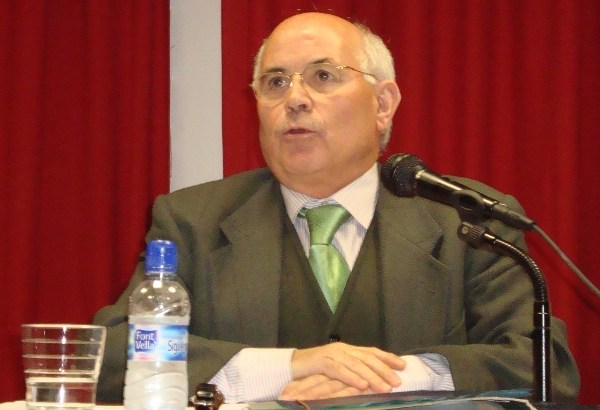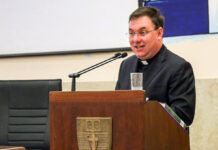(A plan to revive Moral Theology, by Marciano Vidal, in Vida Nueva 19/04/2020)
I place myself in the field of Moral Theology, to the cultivation of which I have devoted my forces for many years, and I wonder about the repercussions that the experience of this global pandemic can – or should – bring to us. I formulate these repercussions from a reflection driven by the synergy of desire and prognosis.
Perhaps due to the atavistic desires towards moral tables, I synthesize my prognosis-wishes in a decalogue (ten points).
1. Awareness of vulnerability.
Throughout the last 50 years, we have worked to incorporate into Moral Theology the principle of the autonomy of the subject. Without abandoning this basic orientation, it is necessary to enrich it with an explicit awareness of the vulnerable condition of the autonomous subject. I know that this orientation has been gaining space in the field of bioethics. It is necessary to extend it to the whole of Moral Theology.
2. Thinking and acting with a responsibility shared with all human subjects.
It was a human advancement to become aware of individual responsibility. But we must make further progress: responsibility must be shared by all human subjects because the same thing concerns them all.
3. Governance on a global scale.
From globally shared responsibility, structures and institutions must appear on a global scale. There is a need to build just and efficient world governance, as the social doctrine of the Catholic Church has been calling us for.
4. Precautionary Principle.
Do not start anything if you do not have knowledge nor control of its possible effects. This principle postulates policies of vigilance and control on a global scale. Growth for growth (science for science) is a slippery slope towards the abyss of annihilation.
5. The Emergency is already an unavoidable horizon for human responsibility.
This entails the obligation to be collectively prepared to respond adequately to specific emergencies. So far, the only emergency that used to have a prepared response is war. It would be better to finish this kind of readiness, getting prepared rather for other potential emergencies.
6. Science and Technology must be valued by the êthos of service perspective.
Having overcome the myths of scientism and technicalism, real science and technology must regain their saving function: instead of ‘forging swords’ they must sustain and promote the well-being of humankind in the full sense of ‘health’.
7. New ethical arithmetic of human goods
Without eliminating private property, we must build strong and effective public goods (health, education, culture, etc.). Moreover, in making political decisions, the value of every person (whatever his or her status and age) must prevail over other considerations, including those of an economic nature.
8. New Partnership with Nature.
The claim that the next crisis, if it actually happens, will likely be an ecological emergency, is not lacking in credibility. Ecological conversion, following the teaching of Pope Francis, is an ethical imperative of the first order.
9. The humanist ethos and the preferential option for the poor.
Without these two options, a habitable world cannot be built up. We need to remember always that the etymology of êthos refers to a habitable place.
10. Decline and even disappearance of religious precepts.
The pandemic has made us see the inanity of religion when it tries to become a scientific explanation and work out a moral obligation. For some time now I have been suggesting that religious actions should not be understood simply as moral precepts.
Marciano Vidal, C.Ss.R.
(the original is in Spanish)







